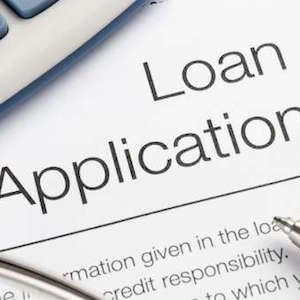
The $350 billion Congress carved out for small business loans in its $2 trillion CARES Act stimulus package ran dry within days—partly because at least 94 publicly traded companies were awarded multimillion-dollar Small Business Administration (SBA) loans.
Now the kitty’s been refilled: Congress passed legislation that includes $310 billion to replenish the SBA programs and $60 billion for a separate small-business emergency loan and grant program. The bill also provides $75 billion for hospitals and health care providers and $25 billion for a new COVID-19 testing program.
And a handful of publicly traded companies that were given multimillions in loans, including restaurateurs Shake Shack, Ruth’s Chris Steakhouse, and Potbelly, announced last week that they planned to return the loans.
The givebacks were undoubtedly prompted by the wave of public backlash that rolled in after an Associated Press investigation revealed that big corporations had hijacked small business funds (Saturday Night Live even made a joke about it in this sketch). And also perhaps by an advisory the SBA issued on Thursday that reiterated its guidelines for applicants.
The agency wrote in the advisory: “It is unlikely that a public company with substantial market value and access to capital markets will be able to make the required certification in good faith, and such a company should be prepared to demonstrate to SBA, upon request, the basis for its certification.”
To be clear, the formal rules of the program haven’t changed. And though the trio of SBA loans were designed for companies with fewer than 500 employees, there’s nothing to stop publicly traded companies from applying.
Hence, legislators on both sides of the aisle have been calling for more oversight and tighter restrictions over the programs, especially for the Paycheck Protection Program (PPP), which offers small businesses loans that can turn into grants if the businesses can prove they’ve used a majority of the capital to maintain payroll.
Senator Elizabeth Warren tweeted on Friday: “The PPP was created to help devastated small businesses, but banks are playing favorites, serving the wealthy & well-connected first & leaving mom-and-pops behind.”
Consensus has also been building that the refilled fund won’t be enough to stem the tsunami of unemployment claims in the United States, which have risen to more than 26 million since the pandemic began roughly six weeks ago.
That said, hundreds of small businesses across America will presumably be approved for loans—applications for PPP loans reopened at 10:30 a.m. EDT Monday.
And there’s good reason to think that lenders will vet applicants more thoroughly for eligibility (smallness) this time around. If only because the program has come under so much scrutiny by small business advocacy groups, Congress members, and the general public.
Even so, the race to secure funding is shaping up to resemble a financial Hunger Games. The odds will not be in everyone’s favor.
(Photo: Pexels)
Follow me on Instagram: @emilivesilind
- Subscribe to the JCK News Daily
- Subscribe to the JCK Special Report
- Follow JCK on Instagram: @jckmagazine
- Follow JCK on X: @jckmagazine
- Follow JCK on Facebook: @jckmagazine